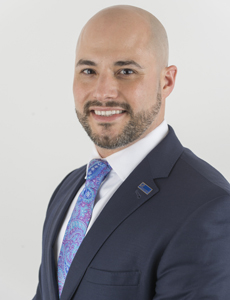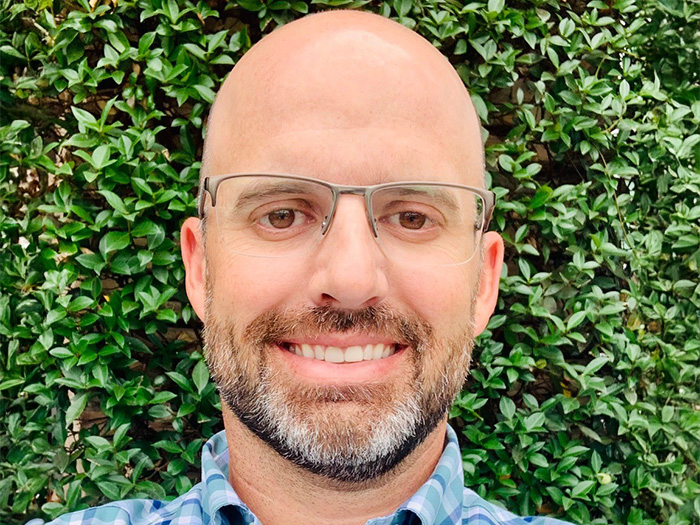Nonprofit Risk
The Sport of Stealing

From coast to coast and from small towns to major metroplexes, fraud and embezzlement are striking American youth sports leagues.
Since 2011, the Center for Fraud Prevention (CFP), estimates there have been hundreds of arrests and convictions in 43 states involving 15 sports.
About $2 million was stolen or embezzled from 37 youth baseball entities alone since 2009, according to an article in Vice Sports.
What makes these organizations uniquely vulnerable to crime?
The CFP, which helps youth sports associations fight theft and embezzlement, said there are several key factors: Community members working with the leagues are volunteers, many organizations lack formal oversight structures and there is a tendency to trust those who give their time to run youth sports associations.
And with the flow of cash from membership fees to fund-raising events, theft is often inevitable.
The good news is that coverages are available to deal with losses, according to John M. Sadler, president of Sadler Sports and Recreation Insurance, in Columbia, S.C., which works with more than 9,500 local and 30 national sports organizations through various special programs.

John M. Sadler, president, Sadler Sports and Recreation Insurance
“Crime insurance is the most important coverage for an amateur sports league to protect against internal theft, which may take the form of embezzlement from bank accounts, unauthorized personal charges on credit cards, theft of equipment, and skimming gate admission payments,” he said.
Formerly known as a fidelity bond, crime insurance is typically a “modular policy” consisting of employee dishonesty, forgery and alteration, and theft of money and securities. The coverage can also include computer fraud and electronic funds transfer fraud, he said.
“The employee dishonesty coverage part is most applicable to internal theft,” Sadler said.
Dario J. Nalli, director, executive lines, Burns & Wilcox, said amateur sports leagues should also consider purchasing directors and officers (D&O) coverage, in addition to a commercial crime policy.
Commercial crime insurance protects the entity of theft by employees of either money or property, including forgery of checks for their own purposes or misuse of a company credit card to purchase personal gifts, he said.
“For any of these organizations, having a commercial crime policy would be key,” Nalli said, noting that it can be pretty inexpensive, with limits offered as low as $100,000. Smaller organizations that need smaller limits may opt for a business owners policy (BOP) with additional endorsements for crime and employment practices liability coverage.
D&O insurance, of course, protects an organization’s management should a theft or embezzlement happen.
“If there are no checks and balances, it makes it easy to write fraudulent checks.” — Dario J. Nalli, director, executive lines, Burns & Wilcox
“No matter the type of organization, if you sit on a board or have management responsibility, you could be liable for decisions made in that role,” he said.
That means a member of the board for a school or athletics organization is responsible for the organization’s assets and funds, and can be accused of mismanagement and potentially face liability should a theft occur.

Dario J. Nalli, director, executive lines, Burns & Wilcox
“Whether or not the claim has any grounds, the individual and organization would still have to defend themselves in court,” Nalli said. “D&O polices provide the much needed defense cost coverage that can bail out a nonprofit organization from using their own assets or an individual from using their own assets.”
If a youth sports treasurer, for example, stole money over the course of years from an organization, a D&O policy would cover defense costs for those in management roles who were unaware of the theft while a the commercial crime policy would cover the stolen funds.
Leagues should also consider policies that would provide coverage for volunteers; non-compensated officers; specified directors, trustees and committee members; partners; and service providers, he said.
Because sports leagues have high turnover, Sadler said blanket employee coverage might be better than specifically naming insureds.
To prevent such incidents from occurring, however, Sadler said amateur sports organizations should:
- Create a separation of duties so that no single person has control over any one process or audit procedure.
- Understand that organizations run by a close group of long-time staff members who have built up a great deal of trust among one another are fertile grounds for insider theft.
- Require a counter-signature on all checks or on checks over a certain amount.
- The person who reconciles the bank account should not be authorized to deposit or withdraw.
- If credit cards or debit cards are used, authorized users should not be tasked with reviewing the monthly statements (another officer should take over these duties).
- Keep detailed inventory records of all equipment and require a log to be maintained when equipment is assigned or checked out.
- Create an audit committee to review all financial records, account statements, and to take an inventory of all equipment.
- Collect checks instead of cash during fund-raisers.
Burns & Wilcox’s Nalli said it’s critical to ensure that the right policies and procedures are in place, with checks and balances to mitigate any theft from employees or volunteers in the organization.
“If there are no checks and balances, it makes it easy to write fraudulent checks,” he said. “Make sure all policies are written down and become part of the bylaws.”
Also, since many amateur sports leagues are volunteer-based, it’s smart to ensure that they are not able to have access to or handle cash, he said.
“If there are employees, it’s a good idea to do background checks on anyone handling money,” Nalli said.
“Also, larger organizations should seek legal counsel to make sure bylaws and policies and procedures are well-written.”










